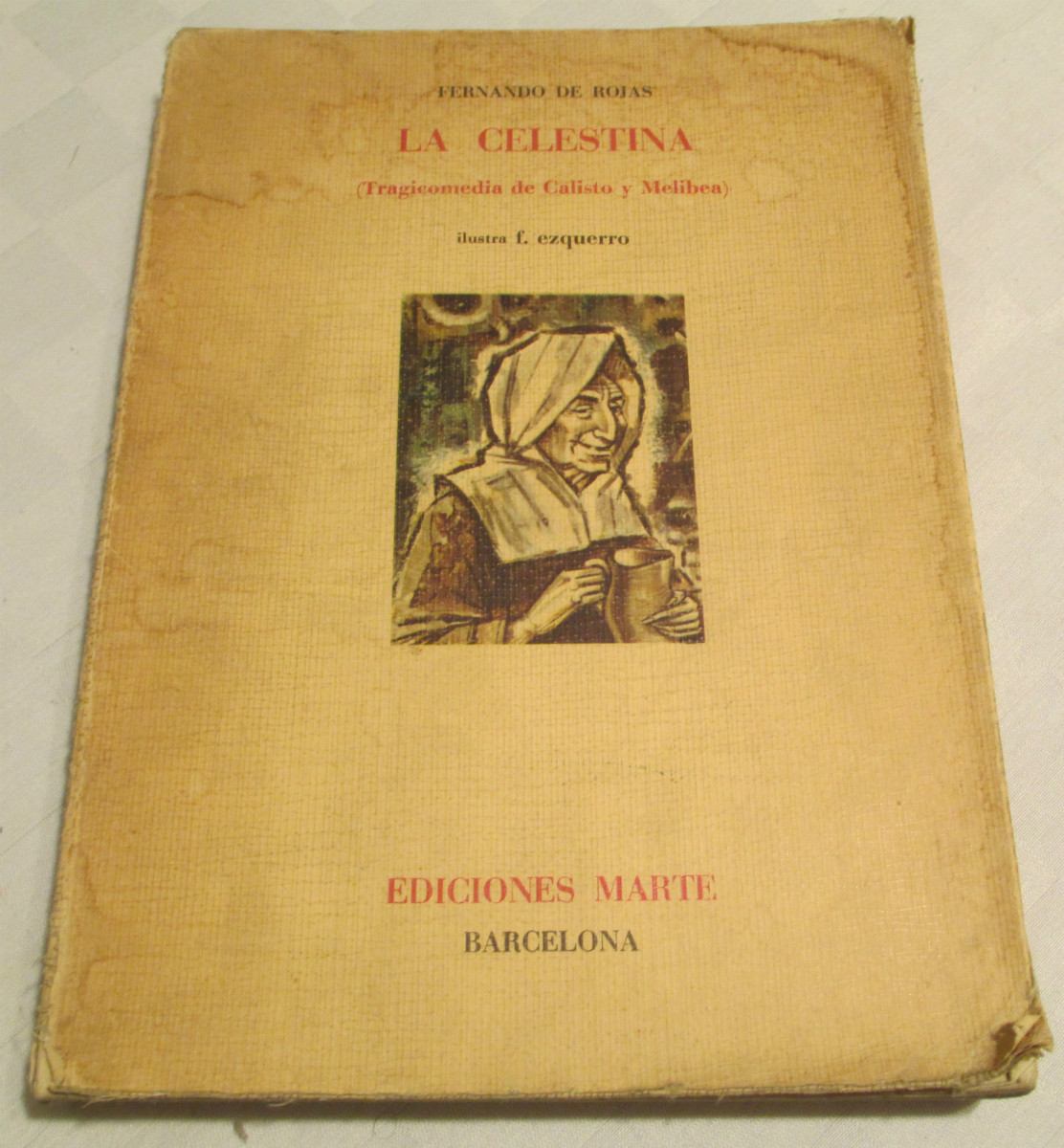
Celestina tries to cheat them and in rage fight and events go awry. As when the weary Calisto returns home at dawn to sleep, his two servants go round to Celestina's house to get their share of the gold. Both servants -Pármeno (Jordi Mollà) and Sempronio (Nancho Novo)- are not satisfied with the rewards supplied by Celestina and demand more from her. After Celestina convinces Melibea of Calisto's love and manages a brief clandestine meeting between them, Calisto gives Celestina a valuable gold chain. However Calisto's other servant Parmeno is suspicious of Celestina, as he knows about her tricks. She was once a prostitute, and now she dedicates her time to arranging discreet meetings between illicit lovers, and at the same time uses her house as a brothel for the prostitutes Elicia (Candela Peña) and Areusa (Maribel Verdu).

She uses people's greed, sexual appetite which she helps create, then provides means to satisfy, and love to control them. The sorceress Celestina is the owner of a brothel and in charge of two young employees. As he uses the old procuress Celestina to start an affair with Melibea, an unmarried girl kept in seclusion by her parents. Calisto's servant Sempronio suggests they get the intriguing Celestina (Terele Pavez) to further the romance. It deals with a young nobleman, Calisto (Juan Diego Botto), who falls in love for Melibea (Penélope Cruz), the daughter of a rich trader. 2, p.Based on the novel considered to be one of the greatest works of Spanish literature, and traditionally marks the end of medieval literature and the beginning of the literary renaissance in Spain. hemos logrado juntar entrambas ediciones, poniendo en tipo común la edición dicha de Burgos de 1499"-V. Nuestra presente edición es reproducción de esta de Vigo de 1900 y de Valencia de 1514 pero como la princeps de 1499, publicada por Foulché-Delbosc dos años después, el 1902, ofrece el estado más autorizado de la obra.


When he dies in an accident, Melibea commits suicide after confessing to her father Though the two use the rhetoric of courtly love, sex - not marriage - is their aim. The story tells of a bachelor, Calisto, who uses the old procuress Celestina to start an affair with Melibea, an unmarried girl kept in seclusion by her parents. It is a prose dialogue divided into 21 'acts', starting in comedy and ending in tragedy. Celestina is the most remarkable work produced in 15th century Spain and its influence has been enduring and profound.


 0 kommentar(er)
0 kommentar(er)
